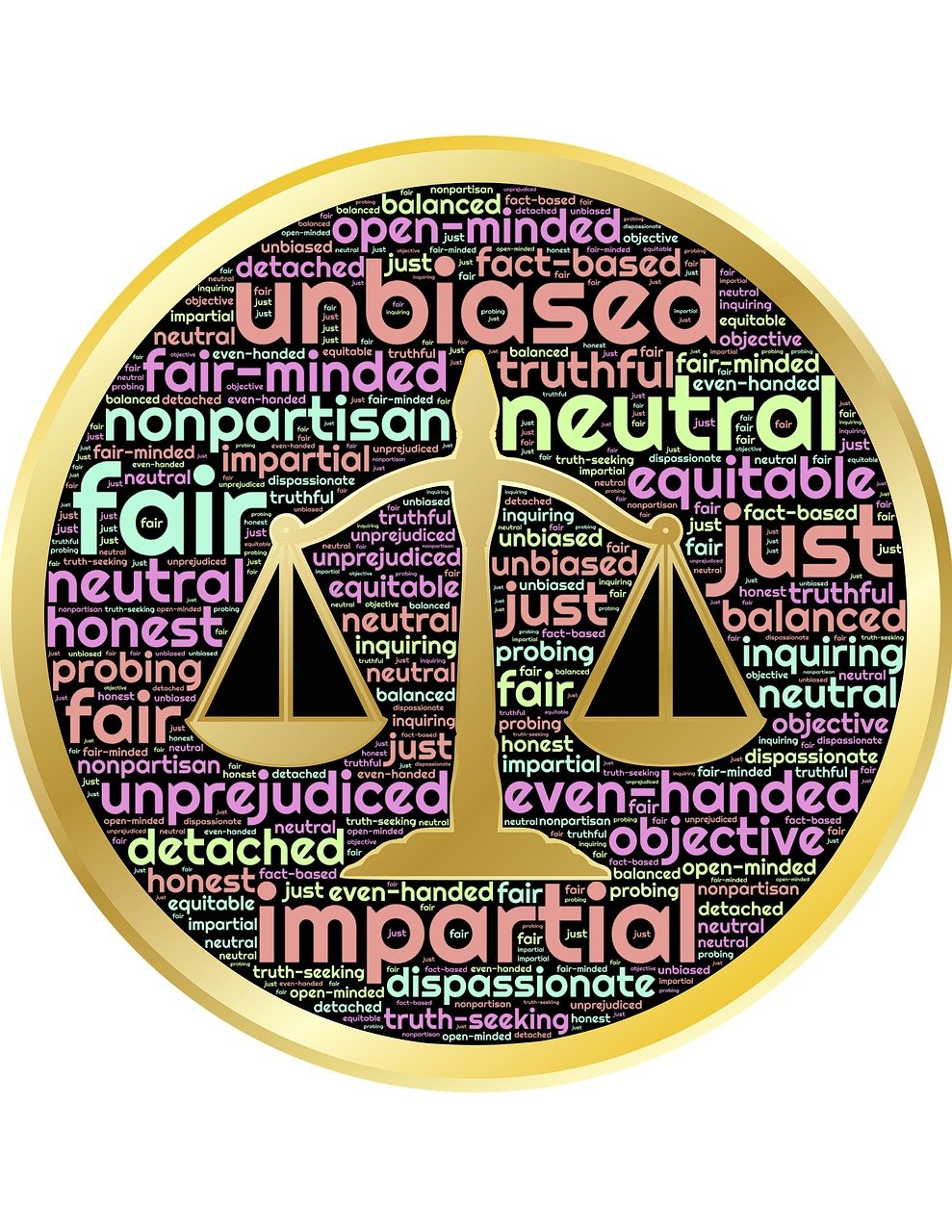Today advertising proliferates promising a $399 divorce. Is such a thing even remotely possible? Probably not. For starters, in New York State court costs alone will exceed $300. However, you can obtain the forms necessary to process an uncontested divorce at your local County Clerk’s Office or even easier off of New York State’s Office of Court Administration web-site. So, if you have no contested issues in your divorce, a cooperative spouse, and the willingness to do the paperwork, your total costs probably won’t exceed $400 (including subway or bus fare back and forth).
This article is for those of you who will need to hire a lawyer, either because you have
issues in contest, complex assets or issues of child custody that require the expertise of a family law specialist, or you simply want someone to do the legwork for you. And, if this is your situation, it should come as no surprise that you’re not likely to get much in the way of personalized service or representation for $399.
The good news is, if you’re prudent and sensible (and have a spouse who will be too), it may be possible to secure a divorce without spending a fortune. By that I mean you could get the job done in the range of $1,500 (in the simplest, most “uncontested”) to $10,000 (in a more complex situation). Yet, I can’t overstress, keeping your costs in this range will only be possible if neither you nor your spouse are uncompromising or out for blood.
What follows is a list of dos and don’ts designed to get you there:
(1) Select your lawyer carefully.
Make sure it’s someone whose personality and demeanor suits yours, and who has the legal knowledge and insight needed to tailor his or her recommendations to meet your needs. A lawyer may wow you with his or her personality, legal knowledge, rhetorical skills or promises at an initial consultation, but if he or she can’t or refuses to listen to you, you’ll probably pay the price later on.
(2) Maintain civil, even better, cordial communications with your ex-spouse to be.
Sometimes the only way to contain legal costs in a divorce with a multiplicity of issues is to negotiate a deal directly with your spouse, and then have the lawyers draft an agreement. In any case, establishing a civil post-marriage relationship with your spouse as early as possible, particularly where children are involved, may help facilitate compromise, reduce resentments, mitigate anxieties, and, most importantly, mitigate legal costs.
(3) Be prepared to compromise.
Parties often bemoan their spouses’ inability to be reasonable, but are just as often unprepared to compromise themselves. If you’re convinced that your settlement offer is so reasonable that no one could refuse it, you’ve either made a too generous first offer or you’re presently incapable of weighing the equities in a balanced manner. It’s probably the latter.
(4) Be aware of what is most important to your spouse.
This doesn’t mean that you have to concede exactly what it is he or she wants. But accept the fact that an agreement will only be possible, if you’re sufficiently flexible to be in a position to compromise on one or more issues that are critical to your spouse. At the same time, it’s just as unrealistic to expect to prevail on every issue that you consider to be critical for you.
(5) Avoid adversarial motion practice at all costs.
In certain cases, it may be impossible to resolve an interim issue that requires immediate attention without filing a motion, e.g., issues like temporary support or a spouse’s refusal to disclose critical financial information. In that case, you’ll have little choice but to file a motion with the court. However, if you must take this course, be prepared to incur legal fees that will almost certainly end up exceeding $10,000 (the cost of filing a single motion might be that much or more). And further, be mindful that if you embark on this path, you may raise your case to such an adversarial pitch that costs literally multiply.
(6) Never tell yourself you’d rather pay your lawyer than your spouse.
You may end up paying both. It’s a tactic that only makes sense when your spouse’s expectations are sky high and unlikely to come down to earth any time soon. Moreover, the Court may ultimately view you as the unrealistic party, in which case you might even be ordered to pay your spouse’s legal fees.
(7) Help your lawyer do his or her job for you whenever possible.
Most legal clients today are educated consumers, who don’t need to be told it’s wise to help your lawyer work more efficiently for you. But, if you’re someone who’s allergic to paperwork, pathologically disorganized, or just don’t want that much direct involvement in a painful ordeal, you will have to pay a premium. Virtually all divorce lawyers charge by the hour, and many areas of divorce practice are inherently time consuming. On the other hand, if you spend hours explaining something to your lawyer that he or she could have discerned from the documents, you’ll achieve the opposite of your aims.
(8) Realistically assess costs with your lawyer on an ongoing basis.
To do this effectively you’ll need to know both the scope and underlying rationale for the steps your lawyer proposes taking. It’s not enough to know your lawyer plans to start by preparing a Summons and Complaint. You need to know what that means and whether it will require a few hours or a few days of legal work.
(9) Don’t litigate over child-related issues.
If you can’t mutually resolve the custody and visitation of your child(ren) with your spouse, you won’t stand a chance of avoiding substantial legal costs. This means that as long as your children won’t be placed at risk, if you want or need to control costs you’ll have to compromise on scheduling and custody labels. This is not always easy advice to follow. Often, one or both parties mistakenly view parenting as a battleground for securing control or financial advantage over their spouse. If this is the case, you’re going to have a very difficult time avoiding expensive litigation.
Conclusion
If you can avoid these nine pitfalls, you’ll stand a good chance of avoiding burying yourself in legal costs, even if it doesn’t mean a $399 divorce.




